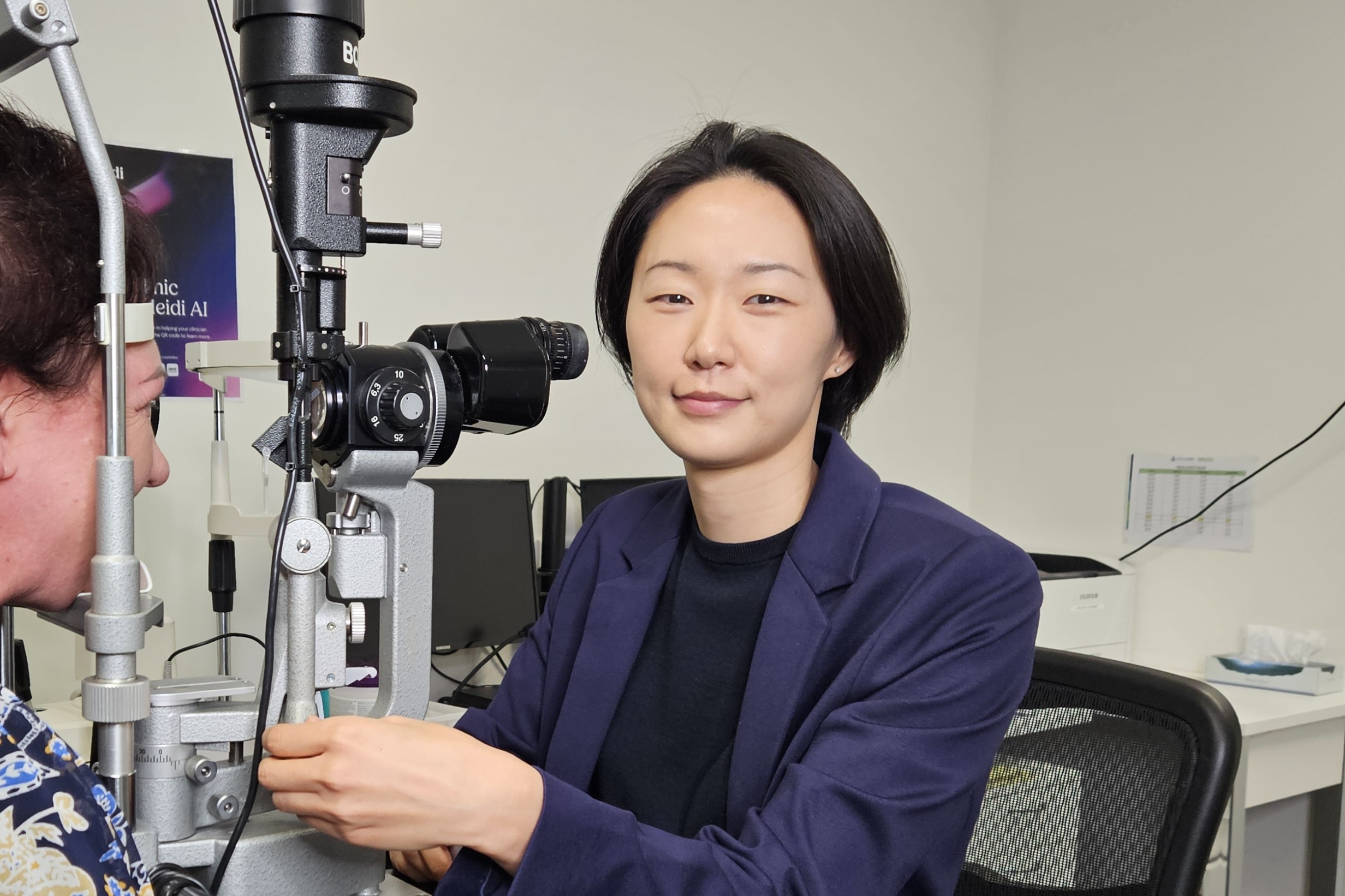Diabetic Kiwis unaware of eye disease risk
The majority of New Zealanders living with diabetes have experienced potential symptoms of diabetic retinopathy (DR), yet many of them had never heard of it, new research has revealed.
The study, conducted by Specsavers and Diabetes New Zealand, found 83% of respondents had experienced one or more vision-related symptoms that could be a sign of DR, but 38% didn’t know what DR was and two thirds (65%) said they weren’t having annual eye checks. More than half (55%) said they had experienced floaters, 54% had noticed blurred vision, 26% fluctuating vision and 10% vision loss – all possible DR signs.
The data also indicated a lack of awareness may be more prevalent among males living with diabetes or pre-diabetes, with 43% not knowing what DR is or being unsure, compared with 35% of females. However, men were found to be more likely to get regular eye tests, with 51% attending at least once a year, compared with 25% of women.
This lack of awareness is worrying, said Hastings-based optometrist and Specsavers practice director Niall McCormack. “It’s concerning that many of those at risk of diabetic retinopathy have not heard of the condition. We want to get the word out there, not just to those with a diagnosis but to the wider community, so people can take steps to protect their eyesight.” Diabetes New Zealand chief executive Heather Verry echoed McCormack’s sentiments. “For many years, diabetes has been the leading cause of people developing blindness in New Zealand. The link between diabetes and eye damage is well-known. These new findings reiterate why we must continue to encourage people with, or at risk of developing diabetes to take care of their eyesight.”
Callum Milburn, president of the New Zealand Association of Optometrists (NZAO), said although he was reluctant to draw too many conclusions from this study from a public health point of view, he agreed it was generally a good thing to raise public awareness of how diabetes can affect your vision. Questions about health conditions, including diabetes, form part of the history taking during a comprehensive eye examination, he said. “Many optometrists ask how their patients’ diabetes is being managed, including the frequency or delay of diabetic retinal screening, and take the opportunity to educate them on its effects on eyes.”
Many patients also choose to have their screening done with their optometrist in private, with reports sent to their GP, Milburn added. “For several decades NZAO has advocated at ministry level and district health board level for optometrists to be part of the eyecare team providing screening and management of diabetic retinopathy, but change is very slow.” NZAO is committed to contributing to any future Health NZ consultation on the matter, he said.
























